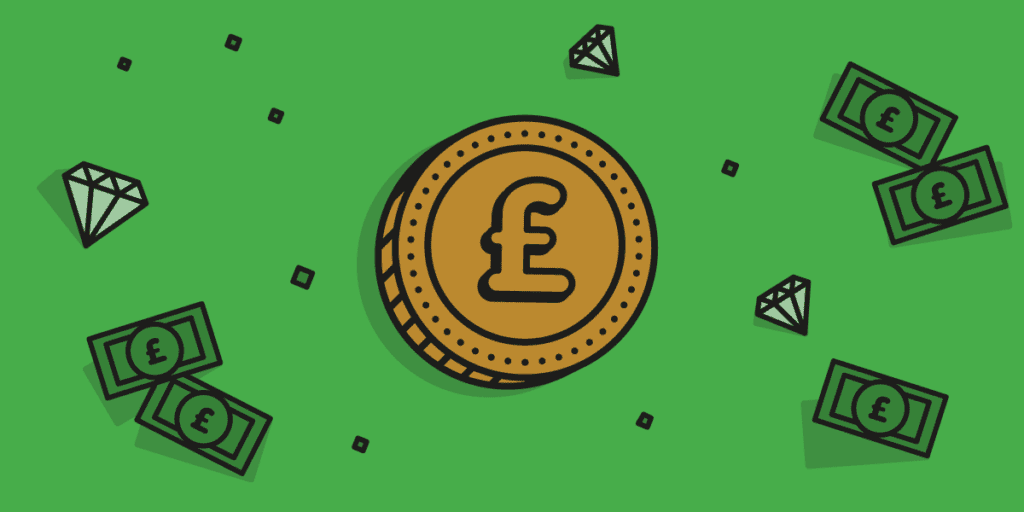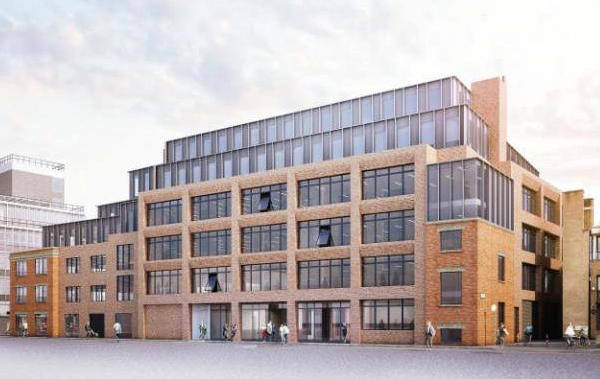Why all web design projects should have a budget

Example One
Prospect: “How much does a website cost?”
Agency: “What kind of website?”
Prospect: “We’re open to ideas, but about 20 pages, WordPress CMS, with CRM integration and we’d like to use video too.”
Example Two
Prospect: “How much does a car cost?”
Car Salesman: “What kind of car?”
Prospect: “I’m open to ideas, but one with a diesel engine, 4 doors, a radio and comfy seats.”
In example two, a car salesman could try to sell you a Peugeot 208 for £12,000. But then he could also offer you a Porsche Cayenne for £60,000. Hence why when you go to buy a car, you tend to have a budget in mind, and you’re probably going to want to spend all of it because the more you spend, the more you get.
Yet within the digital world, prospective clients sometimes won’t declare their web design budget. It’s becoming less common, particularly for established businesses with specialised digital or marketing expertise in house who have delivered projects before and know the benefits of transparency around a budget, but it does still happen occasionally. This is probably in the hope that they will get better value in the long term, but sadly it’s rarely the case.
Now, we’re clearly dealing with two different things. One a car, one a website.
But the analogy works because of the number of variables that each product contains, all of which influence cost. Not to mention that within the web design world, there can be many approaches to creating the same thing or solving the same problem using different solutions and technologies, all of which again influence cost. The list of extras when buying a car can run into many pages, and a website is no different. On top of this, a website has a host of variables that the client sometimes won’t understand or will never even see.
A customer will pay more for a radio in their car because it’s a tangible thing – they can actually see it (and hopefully hear it, too). But try and sell a client with little understanding of technology the value of an AngularJS front end, and you may well struggle. The level of complexity around design and front end development technologies alone can enormously influence the cost of a project, and that’s before we even get into backend systems architecture and building for longevity, speed and scalability.
“But hang on, if I tell you my budget, you’re just going to use all of it?”
Correct.
Our job is to find our clients the best solution possible. Most agencies bill for their time – the more you pay, the more time you get. Therefore, you should be spending all of your available budget in order to reach your solution, because ultimately you are going to get more of an agency’s time and therefore a superior end product (this is all within reason, of course).
If you didn’t tell the car salesman how much you wanted to spend on a car and he spent the next two hours trying to sell you the Peugeot when you actually needed the Porsche, he would be doing you a complete disservice. We would never want to be in this position with a client.
My advice to everyone looking to procure a website project:
- Unless you declare a budget, an agency is really swinging in the dark when it comes to creating a proposal.
- Share the budget for the project, and demand a proposal from agencies that clearly breaks down where time and cost would be logged. You will end up with an agency that is more motivated to deliver you a targeted and focused proposal, absolutely optimal solution, a smoother running project and an end product that will offer you the best ROI on spend.
- If you’re concerned that an agency is simply trying to get as much money out of you as possible, then they’re probably not the one for you – prioritise choosing your agency on reputation, specialism, experience, track record and client testimonials.
- Successful, prosperous and long lasting client-agency relationships are built on trust.

Interview: GDPR Explained with Ian Grey

A new home for 93digital
Let's Talk
Do you have a web design and build project coming up that you would like to talk about?